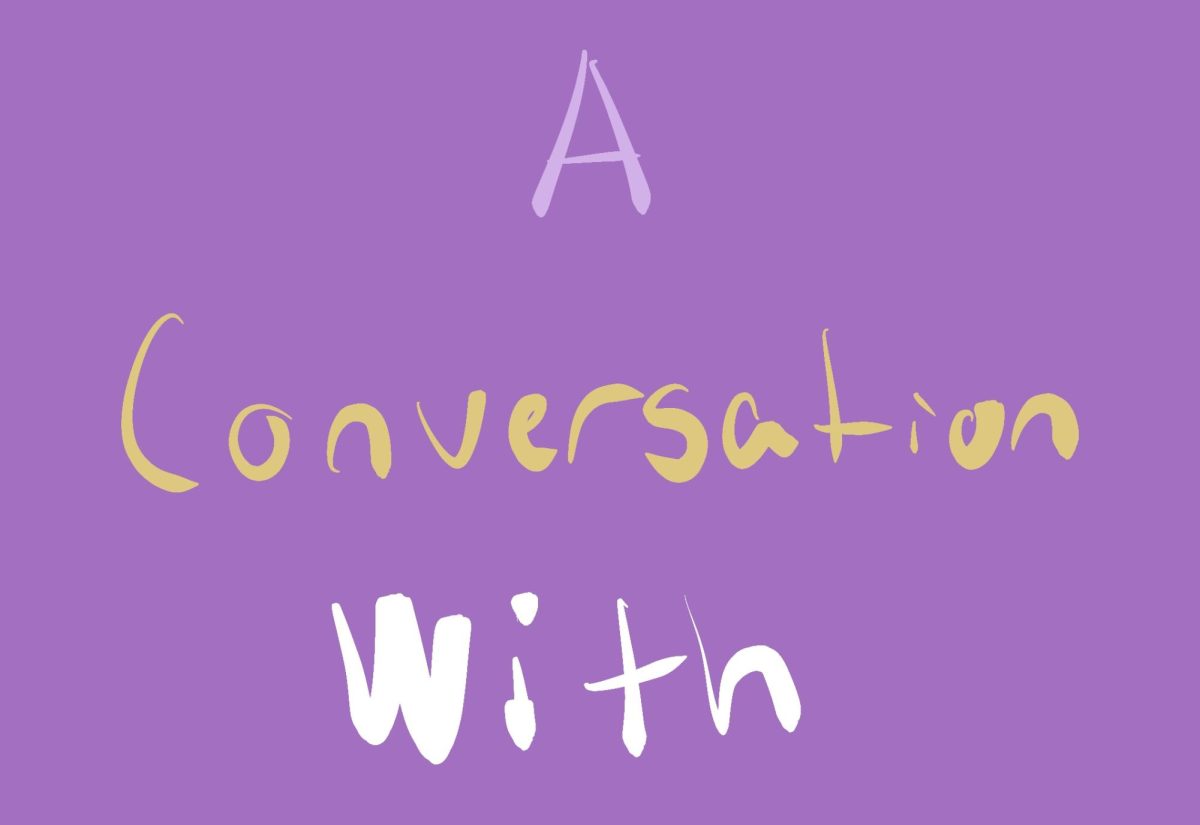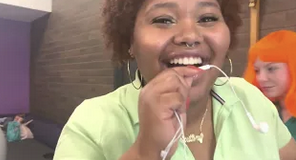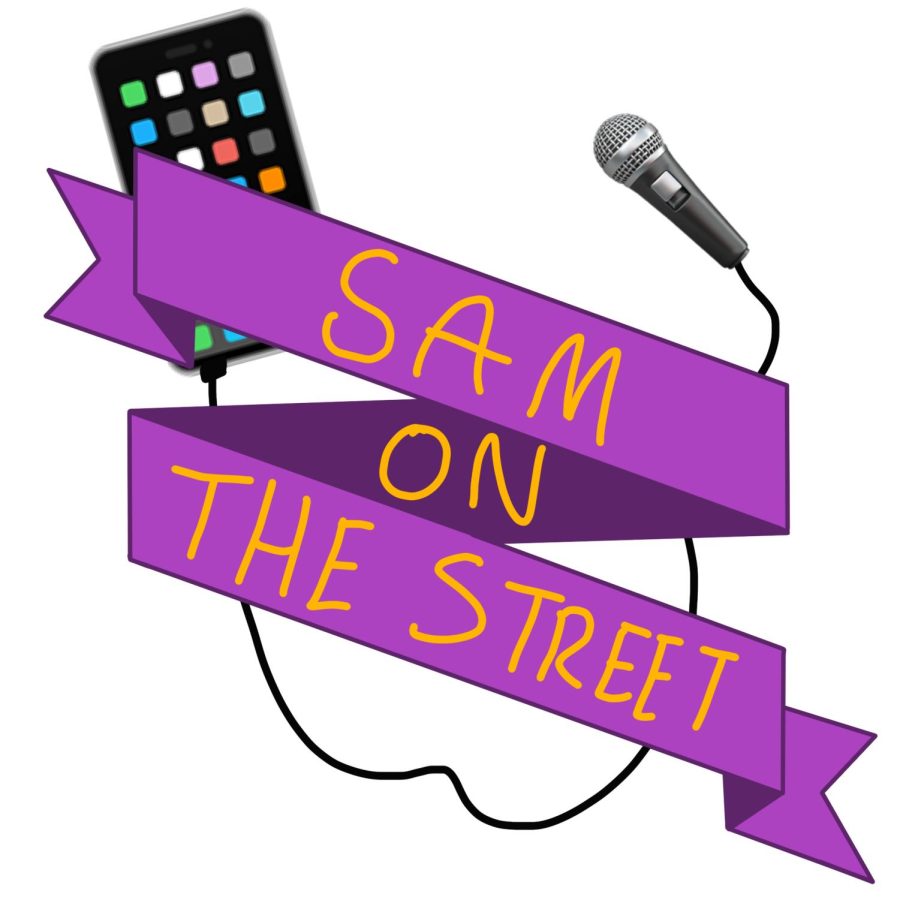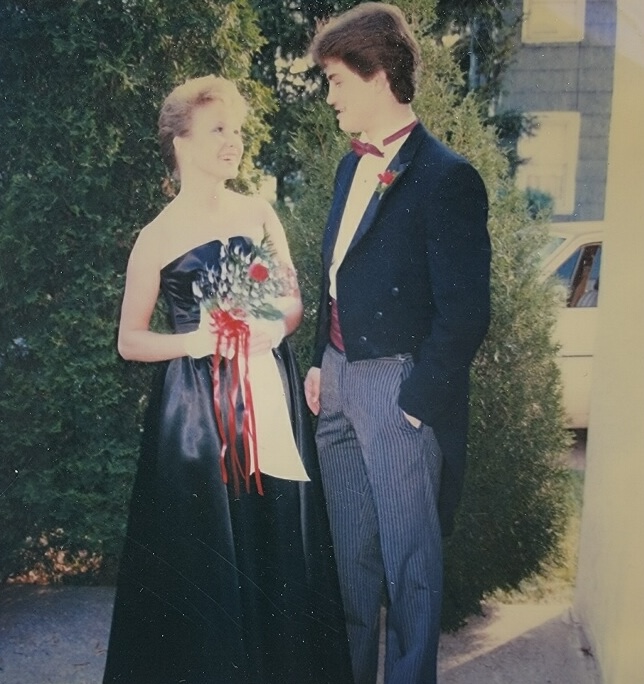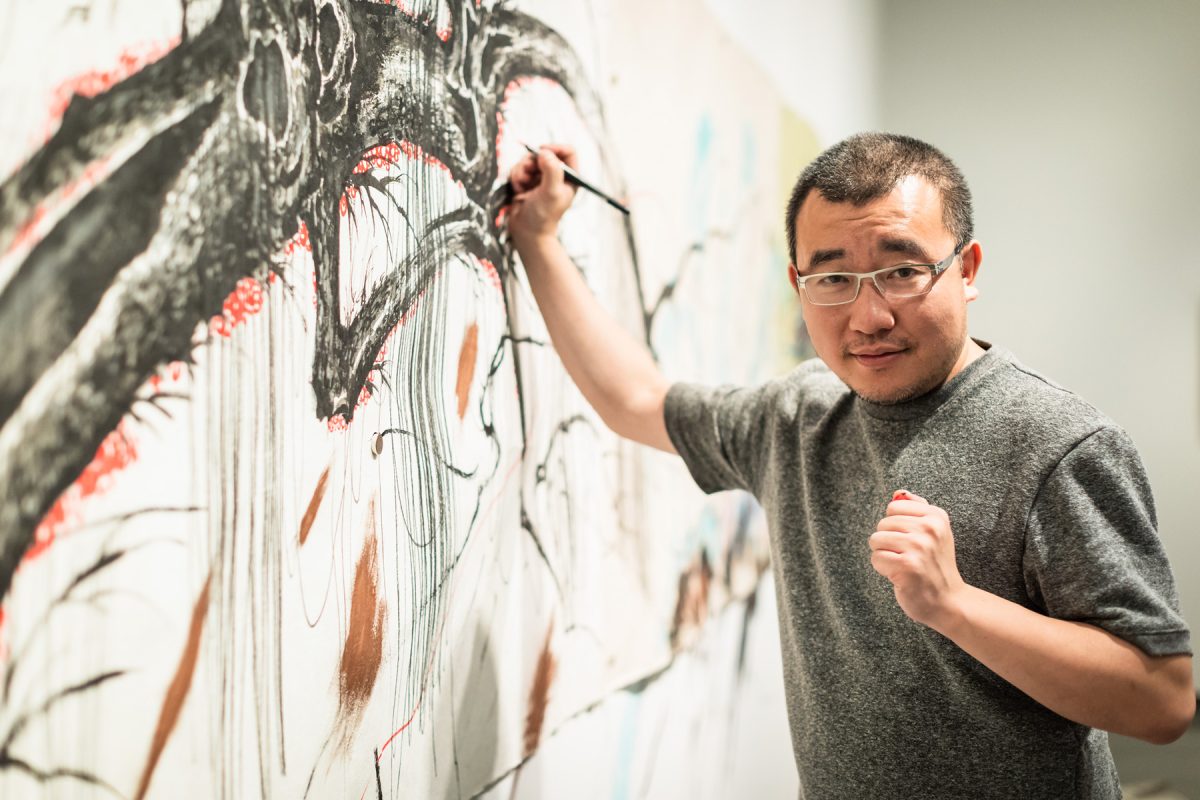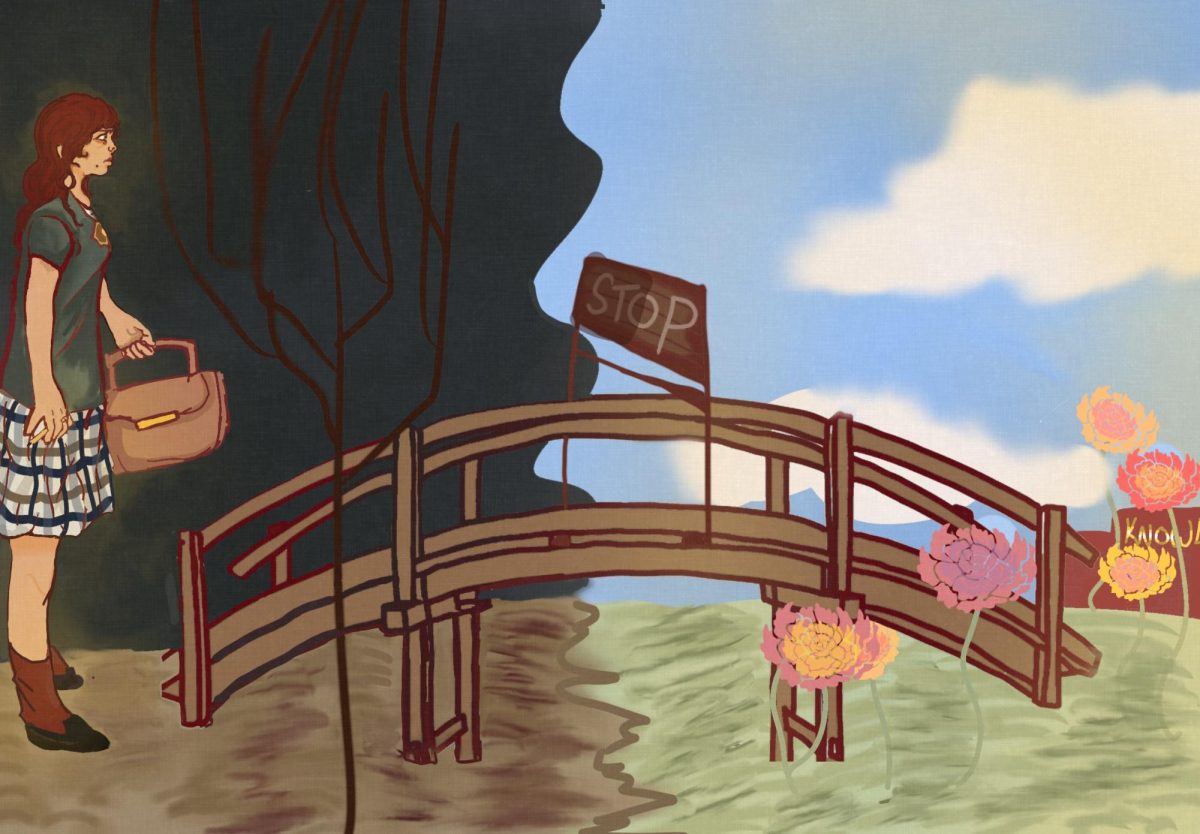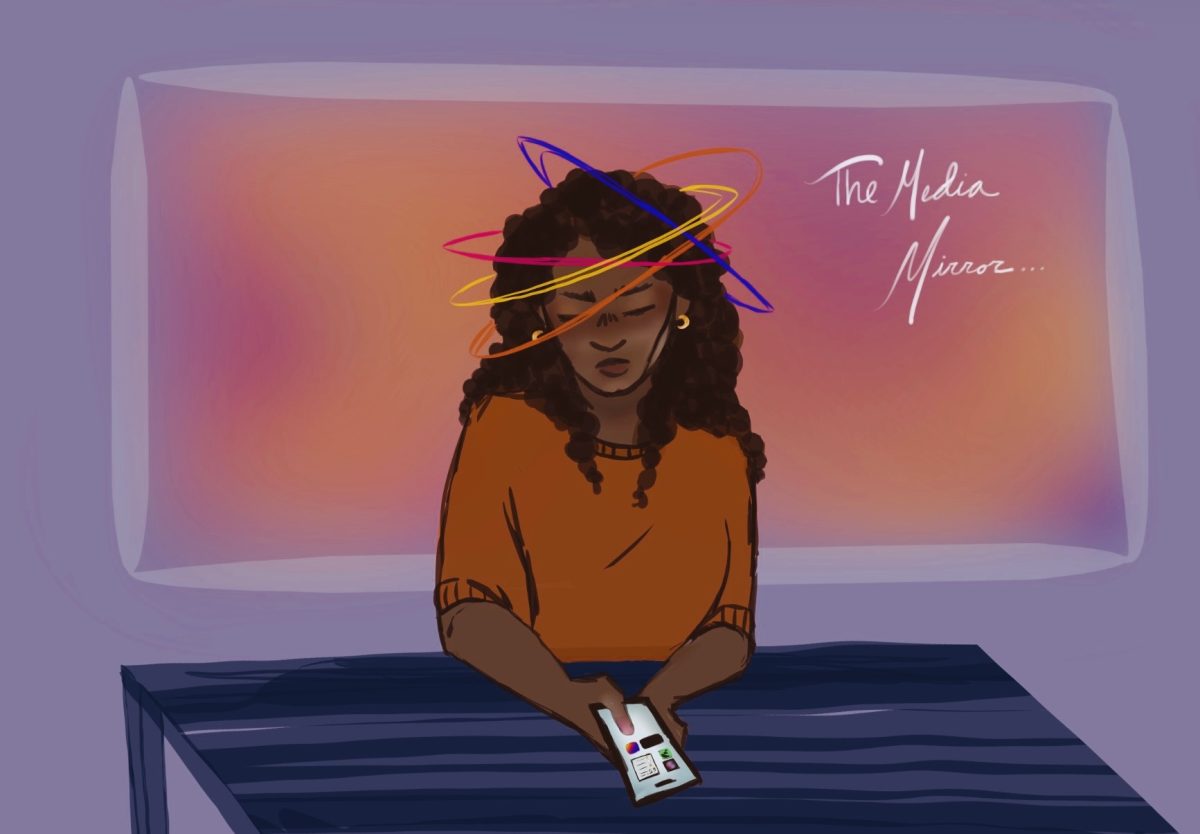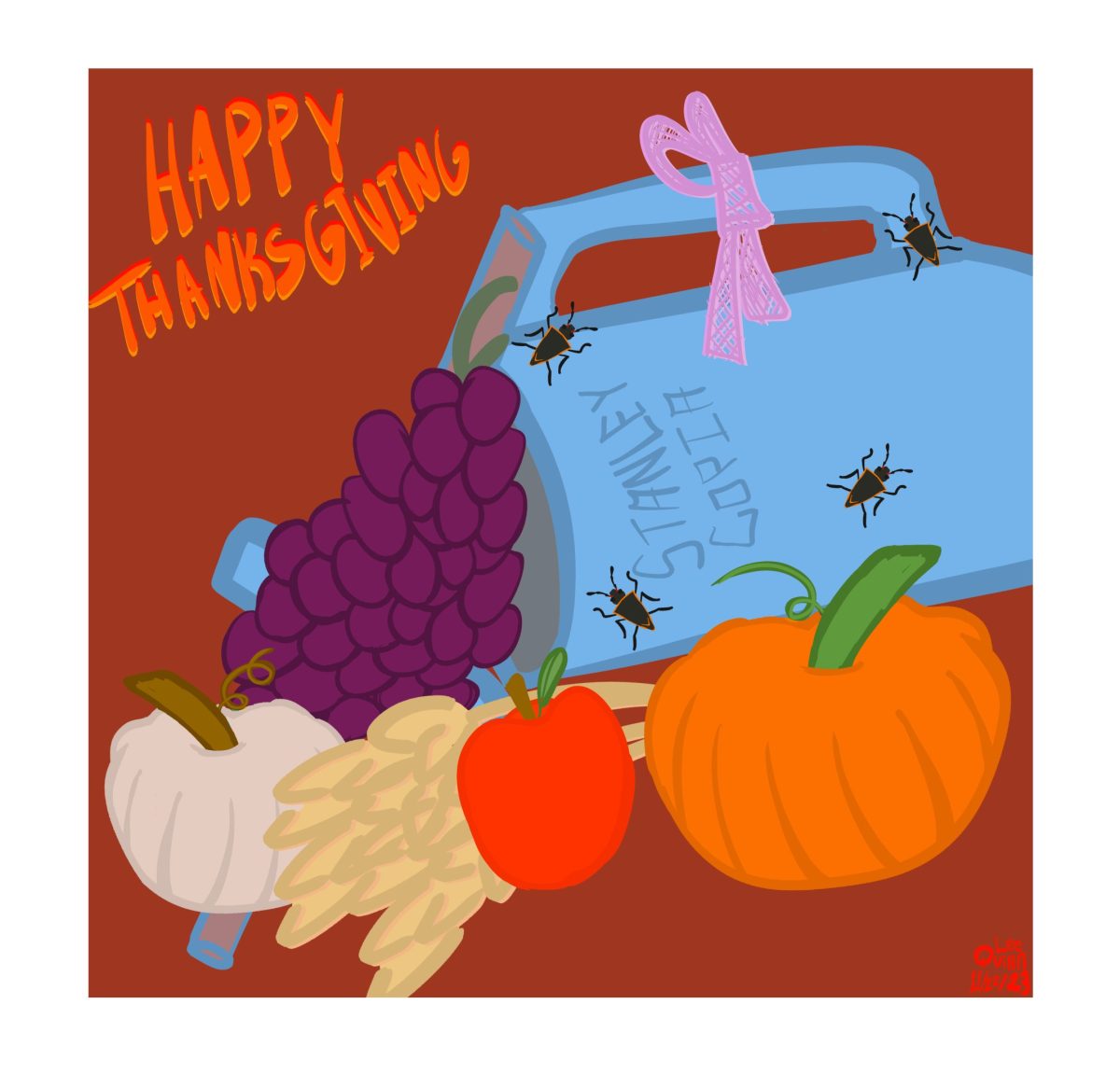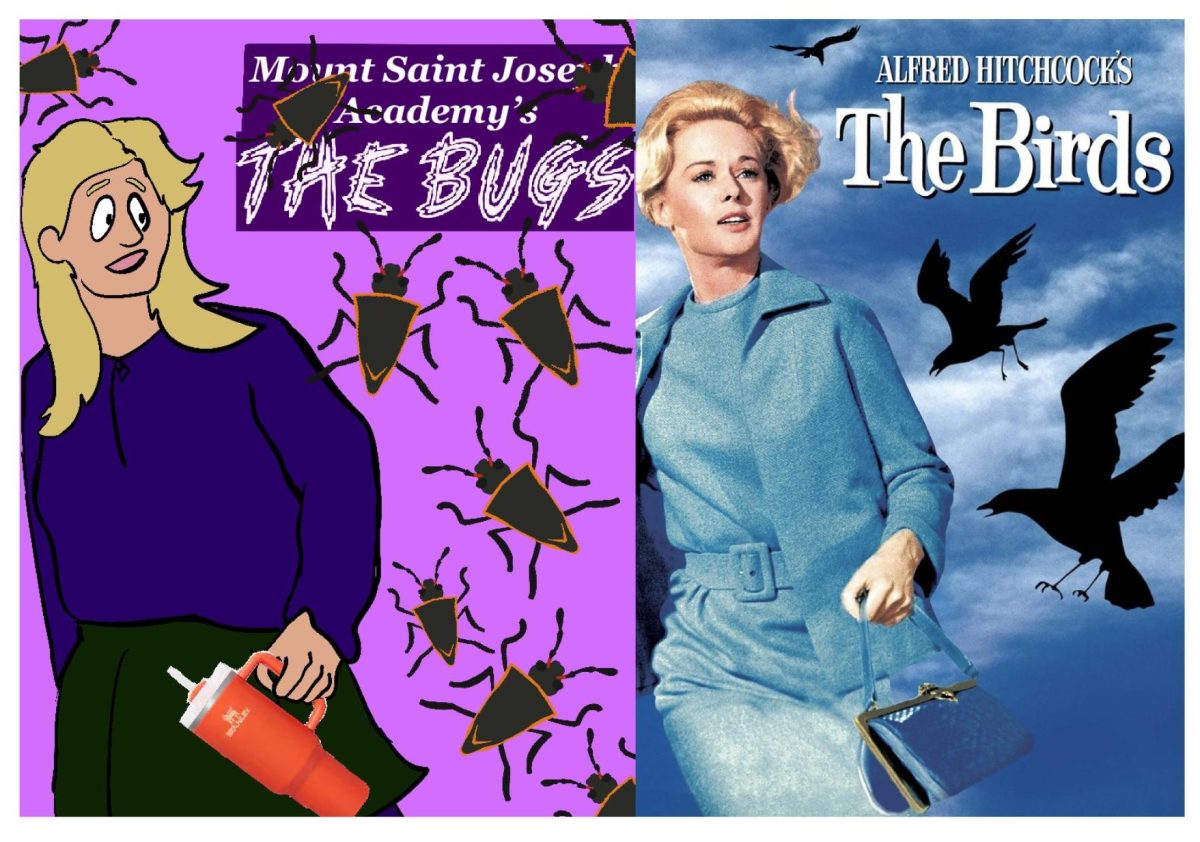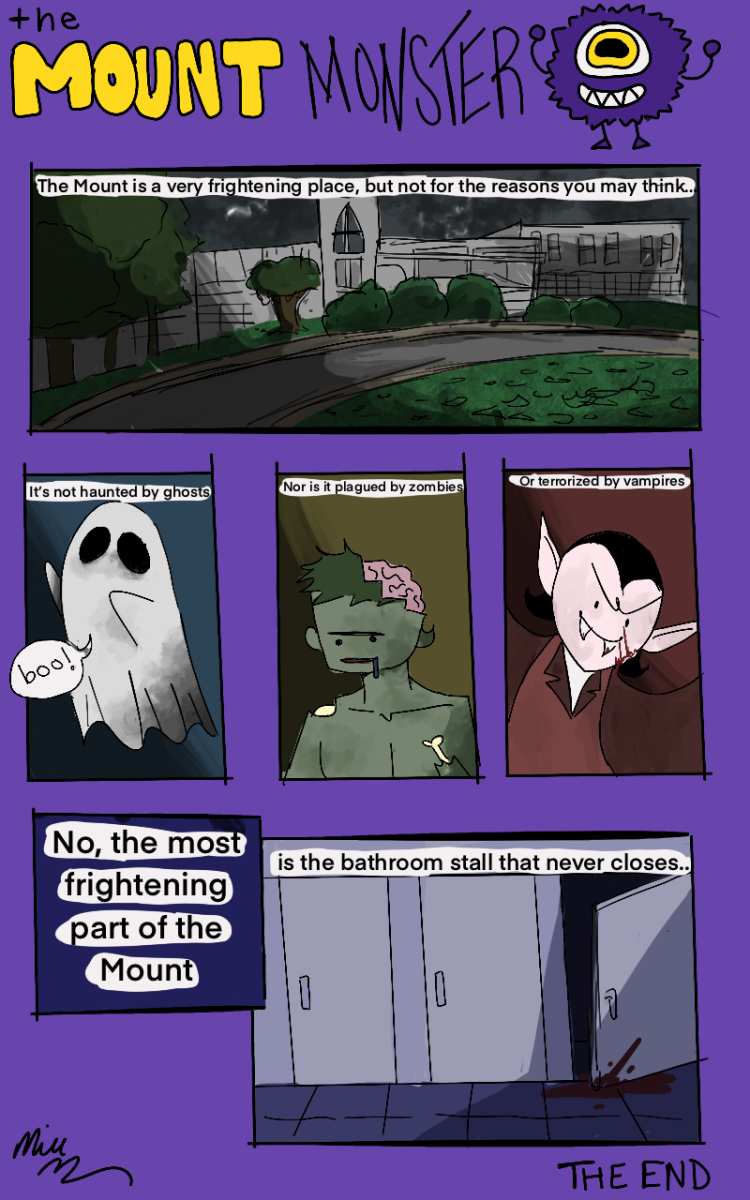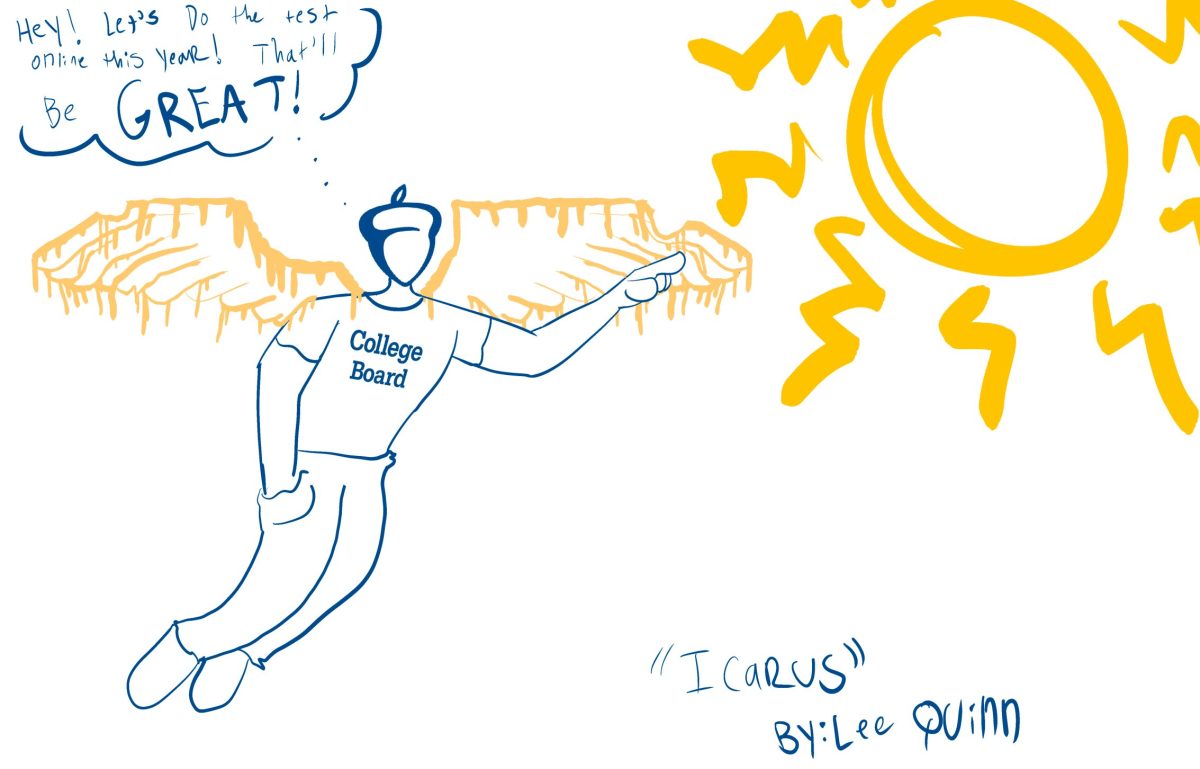If you’ve walked down a high school hallway recently, such as The Mount, you might have heard someone randomly yell, “Six-seven!” and everyone around them laugh. Or maybe you’ve noticed classmates making strange hand gestures or bug-eyed dolls clipped to their backpacks. Welcome to the world of Gen Z trends, Labubus and 67. On the surface, both might look silly or meaningless. But under all the hype is a real story about identity, consumerism, and how social media shapes culture.
Why Labubu and Dubai Chocolate?
Labubu isn’t your average stuffed animal. Created by Hong Kong illustrator Kasing Lung and popularized by the toy company Pop Mart, Labubus are odd-looking dolls with mischievous grins. They’re sold in blind boxes (you don’t know which version you’re getting until you open it) which adds suspense that increases the desire to purchase. Rare designs resell for hundreds of dollars online (Northeastern Global News).
Along with the rising popularity of these creepy stuffed animals, a popular Chocolate originating from Dubai has been blowing up on social media, especially TikTok.
“I have probably spent 100 plus dollars on any Dubai chocolate I have ever found” Shaylie Gura ‘26 said.
Dubai chocolate is considered luxury chocolate made in Dubai that can been seen being elegantly packaged, stuffed with pistachio paste mixed with crunchy kataifi shredded phyllo pastry and drizzled with chocolate and golden flakes.
But it’s not just about toys. Celebrities like Blackpink’s Lisa have been spotted carrying them, and fashion magazines call Labubu a “status accessory”. For Gen Z, Labubu represents more than a plush; it’s a mix of ironic humor and a way to flex. The creepy-cute vibe resonates with online culture, where weirdness is accepted.
Of course, the hype has downsides. Fake Labubus, nicknamed “Lafufus”, are flooding resale markets. People are constantly being judged online for owning a fake Labubu. Critics also worry that blind box models, a sealed package that’s contents are a surprise, are encouraging impulsive buying. Still, for many teens, Labubu is less about commerce and more about identity, what you find funny, whether you’re in on the trend, and whether you can afford it.
Why “67”?
Now to the number you keep hearing. “67,” usually said with hand gestures, started as a lyric in rapper Skrilla’s viral song “Doot Doot (6 7).” It spread when TikTok users used the sound with sports edits, especially highlights of NBA star LaMelo Ball, who happens to be 6′7″.
But the twist is, 67 doesn’t really mean anything. And that’s the point. Some use it as random humor, others use it to describe something as “average” or “meh,” but most agree it’s just fun to say. The randomness itself makes it funny, repeatable, and remixable. Saying “67” signals you’re in on the joke, even if the joke has no punchline. This is “brain rot culture,” where absurd phrases spread because they’re catchy.
Should Adults Care?
It’s easy to dismiss these random sayings as something the adults are not caught up on. However, teachers are already noticing ripple effects. Australian schools reported banning 67 chants in classrooms because they became disruptive.
The Bigger Picture
Labubu and 67 may fade tomorrow, but they’re part of a bigger pattern. Gen Z culture is fast and fueled by random sayings that blur the line between nonsense and meaning. Today it’s bug-eyed dolls and random numbers, yesterday it was a skibidi toilet, and tomorrow it will be something new.
For teachers and adults, the lesson isn’t to punish kids because of these random sayings. It’s to pay attention. Because whether it’s a plush toy clipped to a tote bag or a chant echoing in the hallways, these strange words show how Gen-Z interacts with each other.
So even though you hear someone yelling 67 or Labubu in the hallway, just know that it’s meaningful and has meaning behind it.









